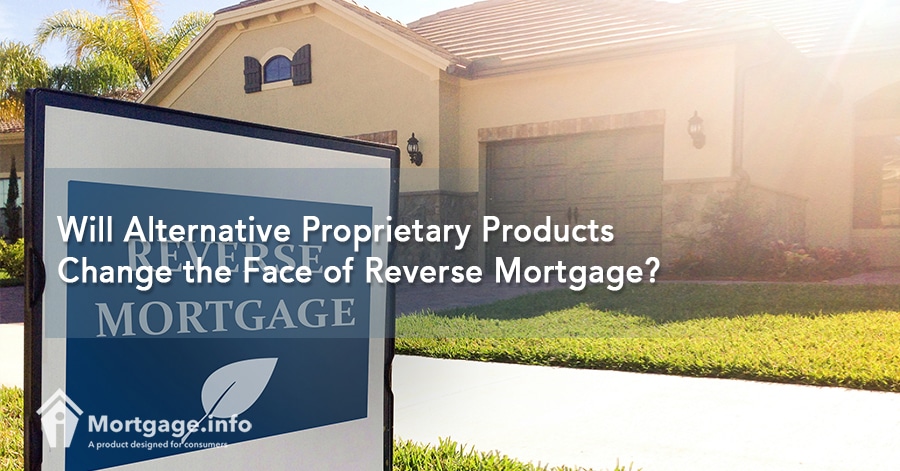Proprietary reverse mortgage loan products will one day enter the housing market. When this time comes, will these Home Equity Conversion Mortgage alternatives change the reverse mortgage landscape?
During the National Reverse Mortgage Lenders Association 2017 Annual Meeting & Expo held in San Francisco, California, CEOs encouraged industry players to come up with alternative products that will go above and beyond what the HECM can offer.
The move to design potential proprietary reverse mortgage products aims not to replace the HECM in the market but to create more diversified options for senior homeowners.
HECM faces lower principal limit factors and potentially expensive closing costs. In the emergence of HECM-competitive products, the industry hopes to address these concerns while also devising ways on reducing the cost of mortgage insurance premiums and origination fees.
Owner and broker of Orlando- based HECM Senior Home Financing Tim Linger mentioned during the annual conference’s CEO panel that future products comparable to the pre-October 2 HECM would be received warmly.
According to Linger, the introduction of these products will reduce HECM sales significantly even without putting a lot of effort in lead generation.
The call to think beyond the Federal Housing Administration’s (FHA) Home Equity Conversion Mortgage rose when the recent changes in principal limit factor were implemented. Reverse mortgage lenders immediately rushed to adapt to these adjustments. However, some industry experts believe that if stakeholders fail to come up with new proprietary reverse mortgage products they’ll be at risk of falling farther behind.
[sc_content_link label=”Find the best mortgage rates, click here.”]
HECM Reverse Mortgage — an Overview
Home Equity Conversion Mortgage (HECM) is a federally backed reverse mortgage program. It is designed for senior homeowners who’d like to convert a part of their home equity into readily-usable cash.
This loan is financed by a commercial lender and is guaranteed by the Federal Housing Administration (FHA).
Eligibility Requirements
The following criteria must be met to qualify for a HECM loan:
- The senior homeowner/borrower must be 62 years old or above.
- The property to be refinanced must be the senior’s primary residence. Moreover, it must be owned by the borrower outright or must be paid down considerably.
- The home must meet the FHA standards.
- The property can be a single-unit home. It can also be a multi-family unit of up to four units where one is borrower-occupied.
- The borrower must be current on his/her debts and federal taxes.
If the lender approves the HECM application, the senior borrower may choose one or a combination of these fund disbursement methods:
- monthly fixed rate,
- one-time lump sum, given at the closing,
- line of credit, where the borrower can take as much or as little money until the total funds are exhausted.
[sc_content_link label=”Connect with a lender, click here.”]
Benefits of HECM
Although there are potential drawbacks in refinancing through HECM, there are still many advantages to this loan, which make it ideal for many senior homeowners.
The lender pays you.
With a HECM, you don’t have to make monthly mortgage payments to the lender. Instead, it’s the lender who pays you depending on the disbursement method agreed upon.
You choose where and how to spend the money.
The senior has complete freedom on how this fund will be spent. There’s no limit set by the FHA. It is at the borrower’s discretion.
You don’t pay the loan unless you move away or pass away.
Another benefit of the HECM program is that it does not become due. The only time you will start making payments is when you move out of the house, sell the property or if you pass away.
To better equip you and to prepare you for this venture, FHA requires that every applicant undergoes HECM counseling. This will educate the borrower about how the HECM program works. The different advantages and disadvantages will also be discussed. This way, you can decide if an HECM is truly perfect for you.
While executives are challenging the industry to come up with new and improved reverse mortgage programs, it can’t be denied that the HECM is still one of the best programs in the industry.
Will new proprietary reverse mortgage loans change the reverse mortgage scene in the future? We will see. With a growing demand for these types of loan programs, experts are doing their best to design programs that will help our growing senior population.
[sc_content_link]

